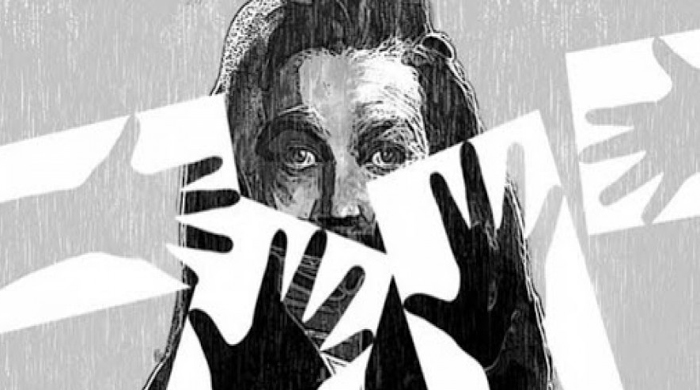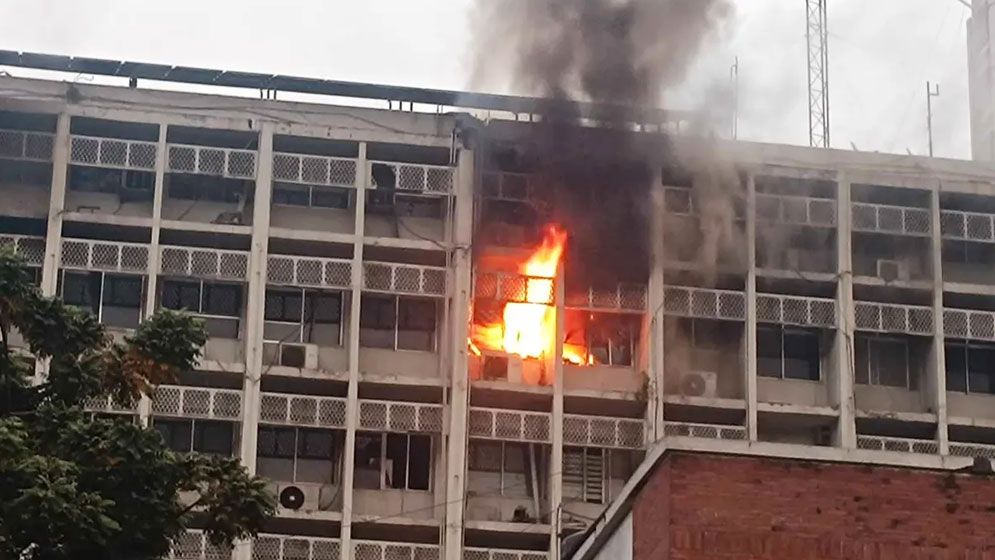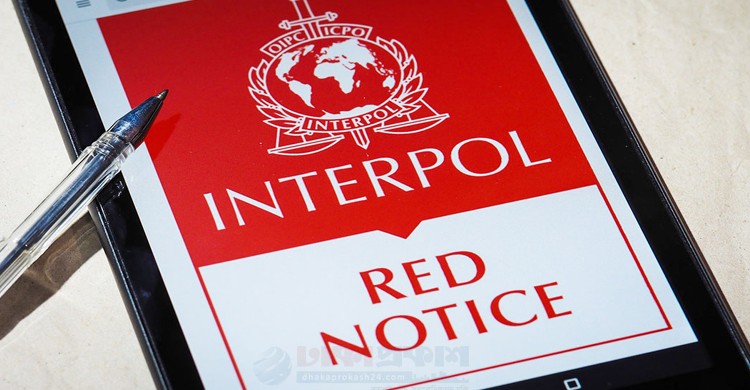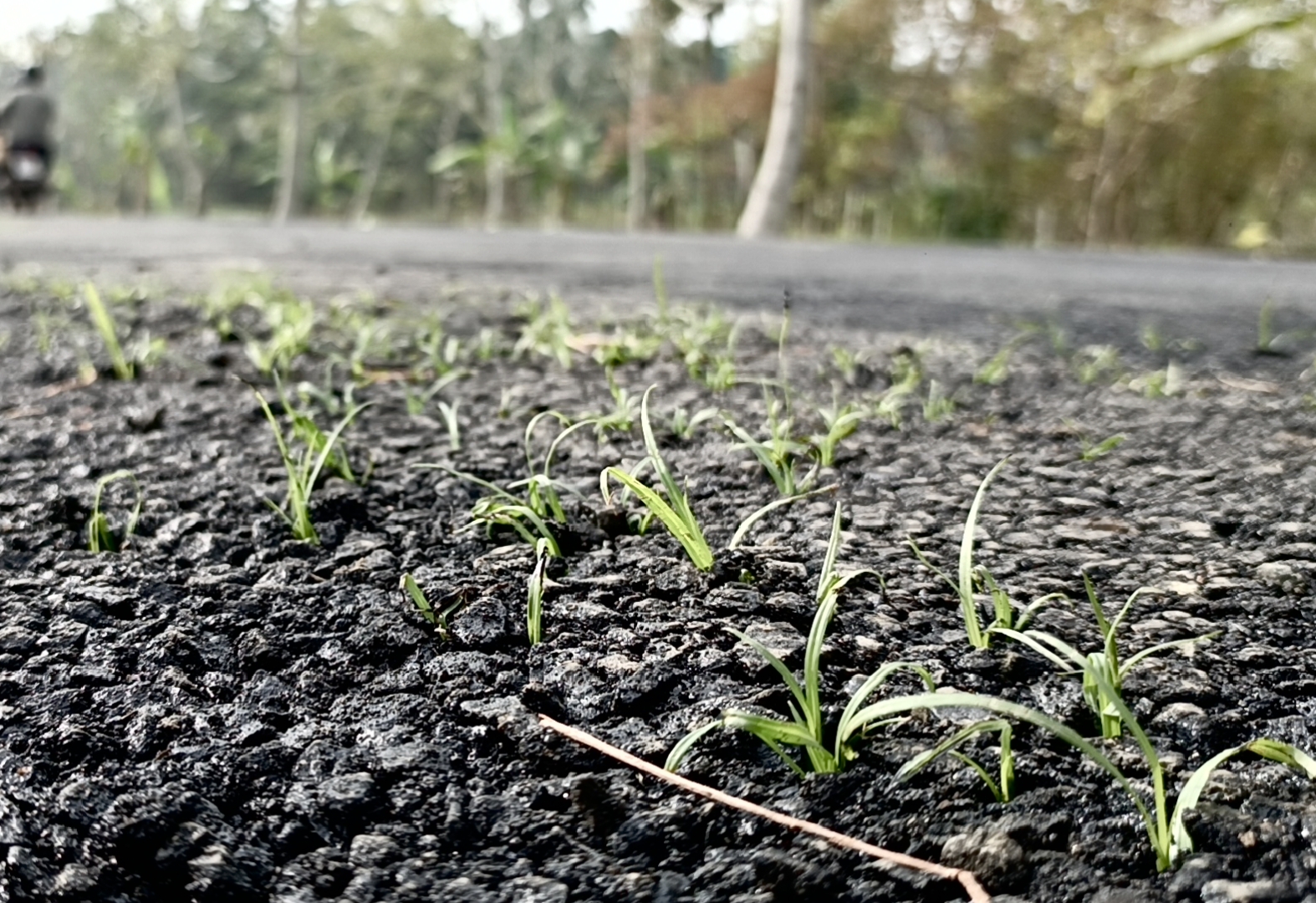The UN Population Fund (UNFPA) came up with a grim prediction of 20 per cent rise in domestic violence during an average three-month lockdown in all 193 UN member countries. Published in the last week of April by the UNFPA and its partners, Avenir Health, Johns Hopkins University in the United States and the Victoria University in Australia, the report warned that the world might have to deal with 15 million more such cases of violence for each three-month of home quarantine. Clearly, the researchers were not off target. In China's Hubei province reports of domestic violence to the police more than tripled in February this year compared to the previous year. The mayor of Bogota informed that in the first week of the countrywide lockdown in Colombia, his city witnessed a 225 per cent rise in what is euphemistically called 'intimate terrorism'. A man's aggression went too far when he shot dead his wife, her sister and mother inside their home.
When far advanced and cultured nations like the French, the Italians and the British also record an unusual surge in aggressive gender behavioir at home, countries like Bangladesh where poverty and illiteracy exist, violence at home during a prolonged lockdown is more likely to occur. In France, this particular type of physical and mental abuse soared to 32 per cent in areas policed by the National Gendarmerie in the first week of lockdown but went even higher in Paris, the city of art and culture, to 36 per cent by March 26. In Dhaka or other cities, it is not easy to have a clear picture of abusive treatment of partners at home irrespective of classes during the lockdown. Many such incidents go unreported or underreported unless something fatal happens .
However, the Bangladesh Nari Shramik Kendra (BNSK) has carried out a survey on a limited number of families -154 in total - to have an idea of how the working class women mostly engaged in the informal sector fare in this regard. Obviously the findings are disturbing enough. Here the majority of women brought under the survey are domestic helps and the rest are cleaners, vendors and garments workers. Such women usually suffer abuse in normal times. During the lockdown, they have lost their jobs but their husbands, many of whom rely to a large extent on their income, physically torture them because they cannot bring home money. The worst sufferers are the women whose husbands demand money for drugs.
Whether educated, enlightened or to the other extreme crude and illiterate , the male want to establish their gender superiority. Clearly, the battle of sexes is mostly one-sided barring rare exceptions. Lack of material possession or comfort in normal times heightens tensions in spousal relations. Now locked in and in close proximity, the male unleash their furies of unmet expectations on their partners. Humans have a long way to go before becoming civilised in the true sense of the term. The governments in Europe have mechanisms to respond to SOS calls from victims of domestic torture. In Bangladesh also there is a need to put in place such a system so that threatened or tortured women can get some redress.









.jpg)





